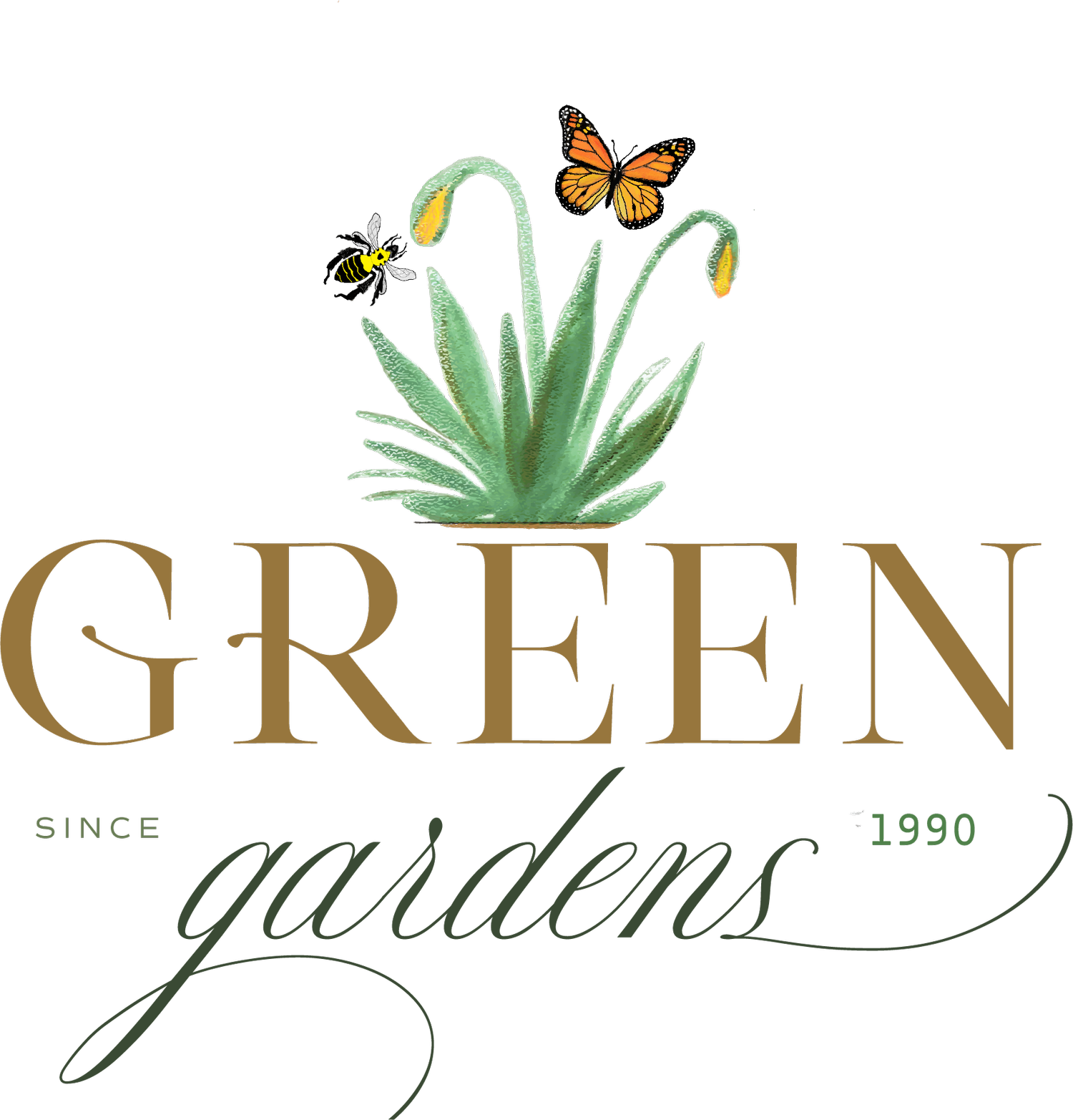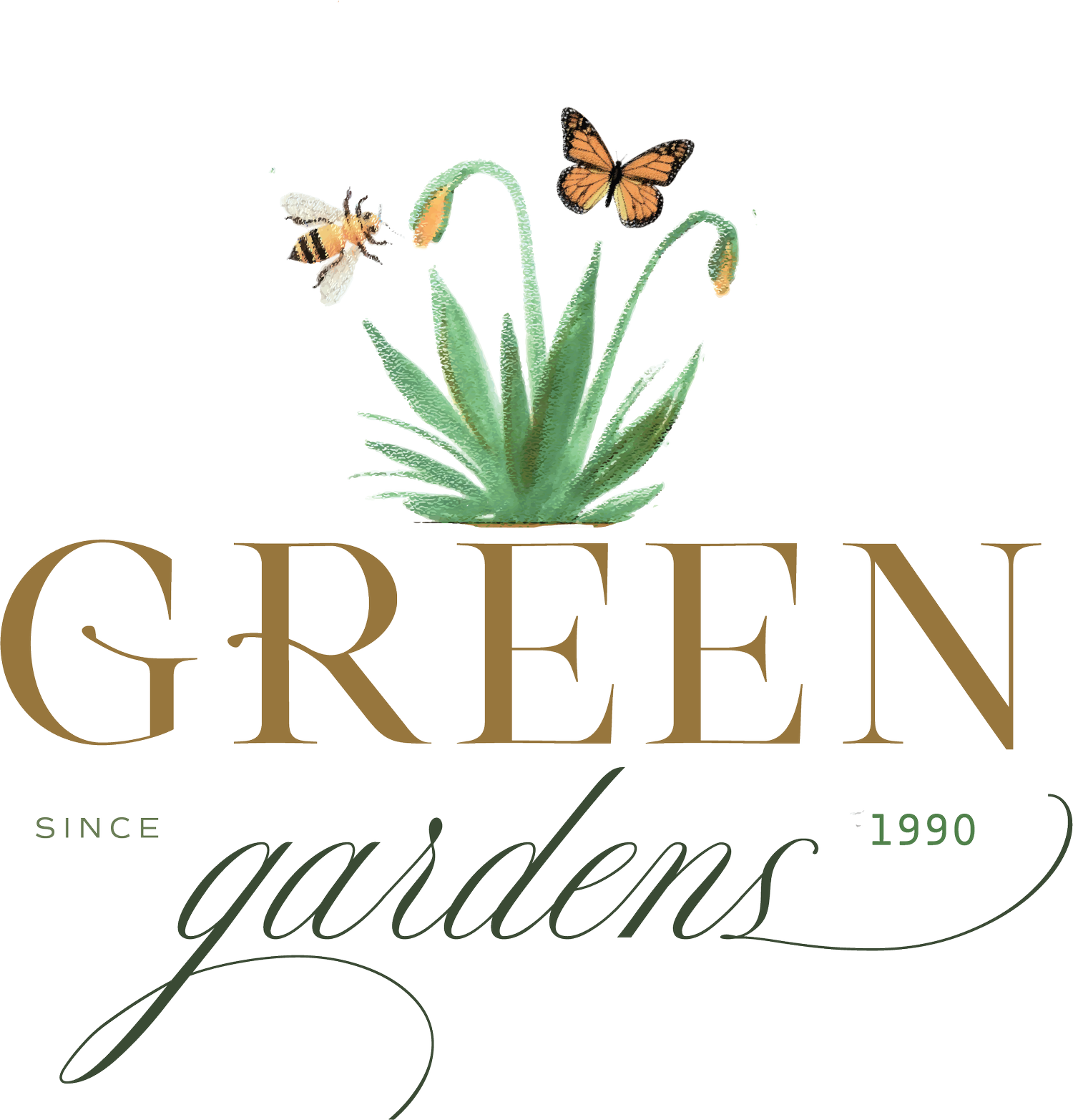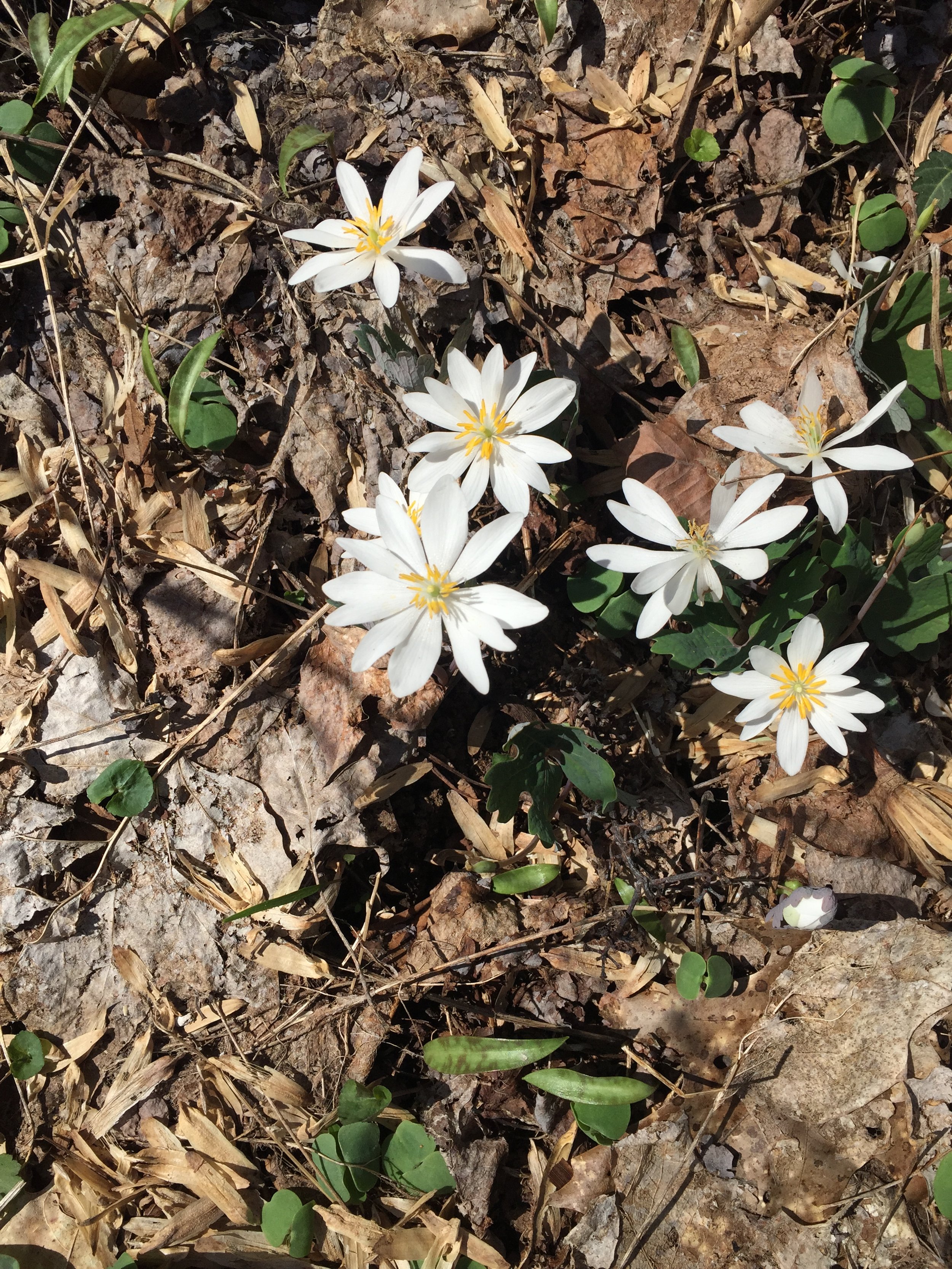Upcoming Native Plant Sales
-

New List Item
Description goes here
My Services
WHERE DO I START?
Book your Initial Consultation
to start your native landscape!
If you are looking to plant a garden that helps support wildlife, you can rely on the expertise of Green Gardens Education and Design (GGED) for assistance.
During our initial consultation, we will walk around your property to learn more about your vision for your property, and identify any existing challenges.
Our team will conduct a thorough assessment of the plant varieties present, examine the soil composition, and identify any invasive species.
If you have provided us with a property survey, we will take precise measurements before formulating a personalized blueprint that will benefit humans and wildlife alike!
What if I’m Not Ready to
Commit to a Design…yet
Book a Walk & Talk Session!
If you're eager to delve deeper into understanding your garden, the diverse array of plants it houses, and address any issues, but aren't quite ready to commit to a design just yet, our Walk & Talk Garden and Landscape visit is the perfect option for you.
During this visit, we'll amble through your garden, inspecting the plants, and providing recommendations for alternative options.
This comprehensive package encompasses a one-hour on-site visit inclusive of travel time.
Remote Landscape Design
If you live more than 50 miles from Stockbridge, GA, consider remote design.
I have experience designing natural gardens in Alabama, South Carolina, and South Georgia.
A property survey is required for this option.
In our first meeting, we'll discuss your current landscape and your natural landscaping goals. After that, we'll create a personalized proposal for you and begin developing your dream landscape.
Design fees start at $150 per hour.

Public
Speaking Topics by Trecia Neal
-
This talk is designed to teach the audience the importance of composting (the art of taking yard debris and turning it into humus) and the reasons we compost. Step by step instructions are included as well as a discussion of issues that can be encountered along the way.
-
Worms in My Kitchen - this talk is designed to teach the audience the art of vermicomposting. Vermicomposting is using worms (Red Wigglers) to change food waste into what gardeners refer to as “black gold”. Worm castings are the best fertilizer that you can find for vegetables, perennials, shrubs, trees and lawns. Step by step instructions are given during this talk for how to make your own vermicomposting container and transform your food waste to black gold.
-
Trecia has been studying monarchs and leading trips to Mexico for over twenty years. She serves as a Monarch Watch Conservation Specialist for the University of Kansas for the Southeast area. This talk discusses the biology and ecology of the monarch butterfly as well as their incredible two way migration to Mexico. Problems with the monarch population and ways that we can help the monarch recover are discussed.
-
Birds of North Georgia -Trecia began her career as an ornithologist and has spent over thirty years banding birds to study their migration and breeding habits. This talk will discuss the common birds in your area, the current status of bird populations , and what we can do to help bring back bird populations.
-
Gardening with Native Plants-This talk discusses the importance of native plants being used in the landscape. Native plants and wildlife have evolved together for millions of years. Due to the increase in non-native plants in the landscape industry, pollinators, birds and insect populations have plummeted drastically recently. We will talk about the reasons we are seeing these population declines, and what people can do to reverse this trend in their own space.
-
Trecia will discuss how native plants offer individuals an opportunity to make a first-hand difference regarding some of the most difficult challenges our planet is now facing, loss of species and climate change. How and why native plants help accomplish this challenge will be discussed.
However, many people believe outdated myths about landscaping with native plants. Trecia will talk about some of the most common myths of gardening with native plants, with suggestions offered for dealing with each of these myths in the landscape.
Natural landscapes support local wildlife. Beneficial insects are often unable to lay eggs on non-native plants. Mother butterflies and moths are choosy about where they lay their eggs. This is because their babies are very picky eaters. Maybe you’ve met some children like that? Trecia will discuss the top five native plants for wildlife, and some of the amazing animals that these plants support.
Natural landscaping is a way for gardeners to support the next generation. If you love birds and would like to see more species in your yard, choose native trees and plants.
description
Workshops
-

Worms In My Kitchen
This is a hands-on workshop where we will all learn how to make a vermicomposting container.
We will discuss how and why we vermicompost and build our own worm farm step by step.
I can provide the supplies, or each person can bring their own supplies. This choice affects the price of the workshop.
-
Invite A Monarch To Lunch Workshop
GGED offers a three hour workshop and a two day workshop for teachers, environmental educators or anyone interested in learning more about the monarch butterfly.
We will discuss the biology and ecology of the monarch butterfly, the status of the monarch populations, and things that people can do to support the population and migration.
Depending on the length of the workshop, we will create containers to raise caterpillars, pot milkweed seeds, and make a butterfly cage and net. For the teacher workshop we will learn and practice lessons to use in the classroom that will incorporate monarch science into teacher standards. This workshop can be individualized to the target audience.
-
How To Make Black Gold-The Art of Composting Workshop
This is a hands-on workshop about the best way to create compost in your landscape. We will discuss the importance of composting, why we compost, and build our own compost pile to demonstrate the correct method of putting a compost pile together. Can accommodate up to 20 people.






